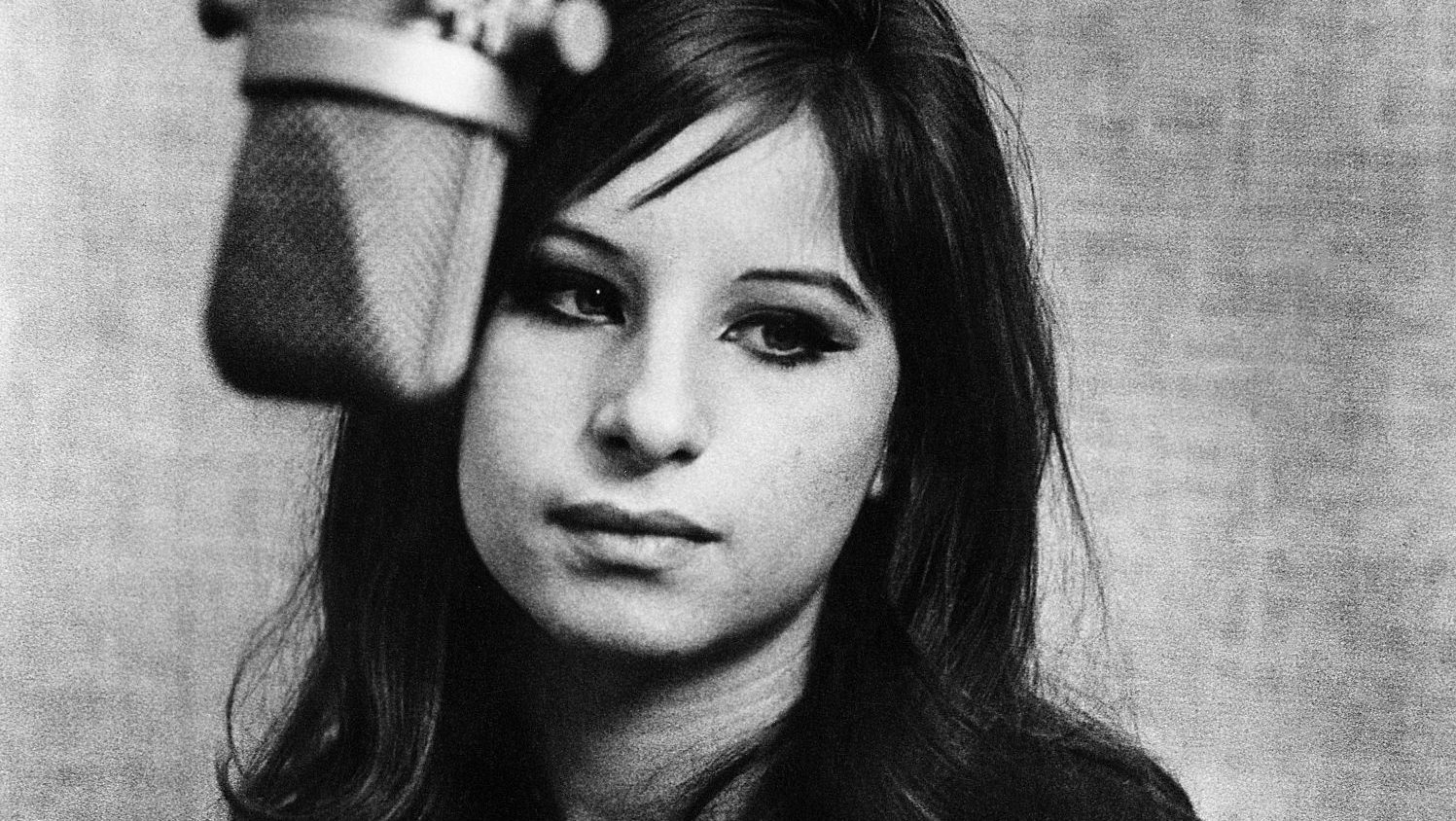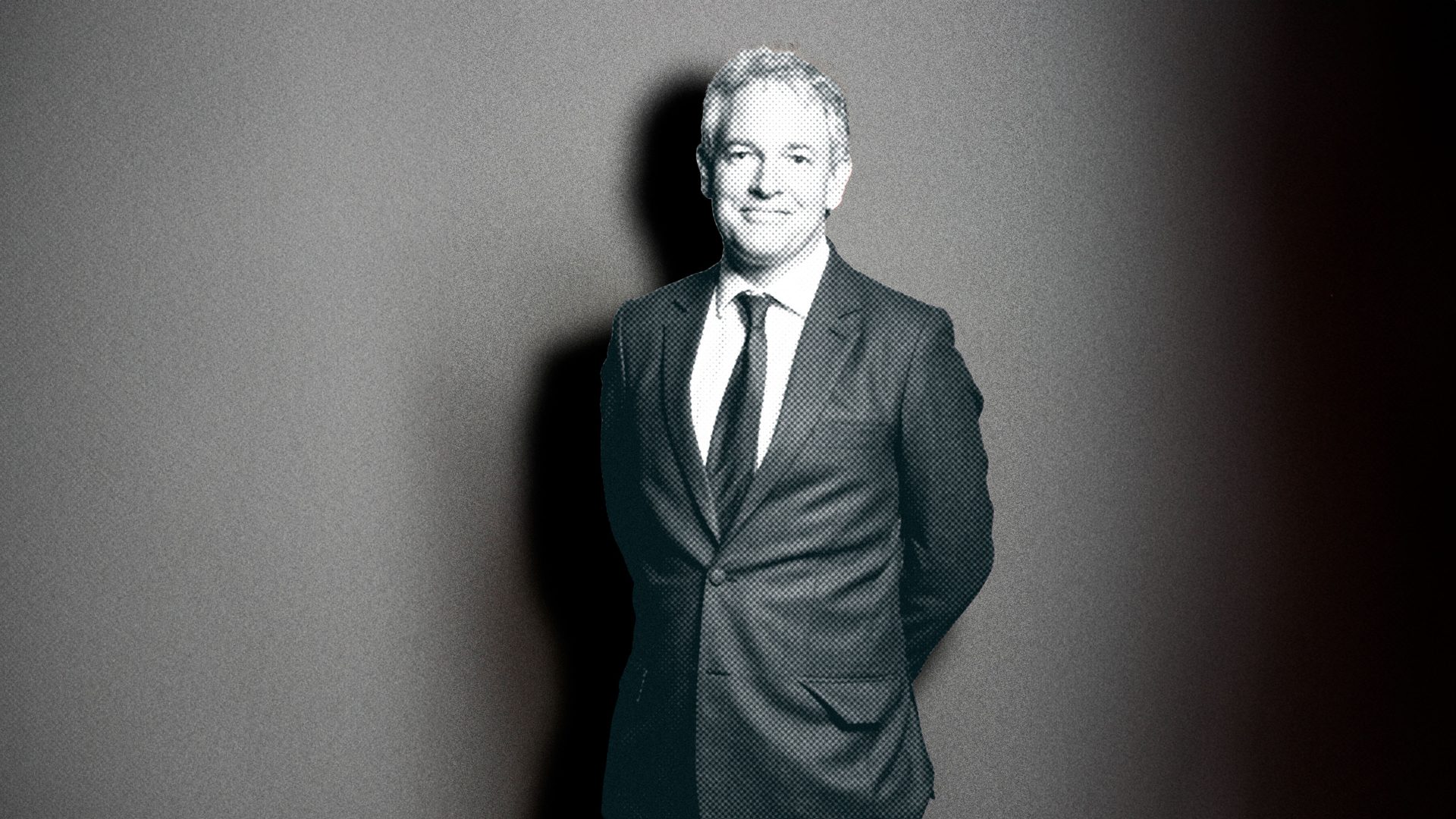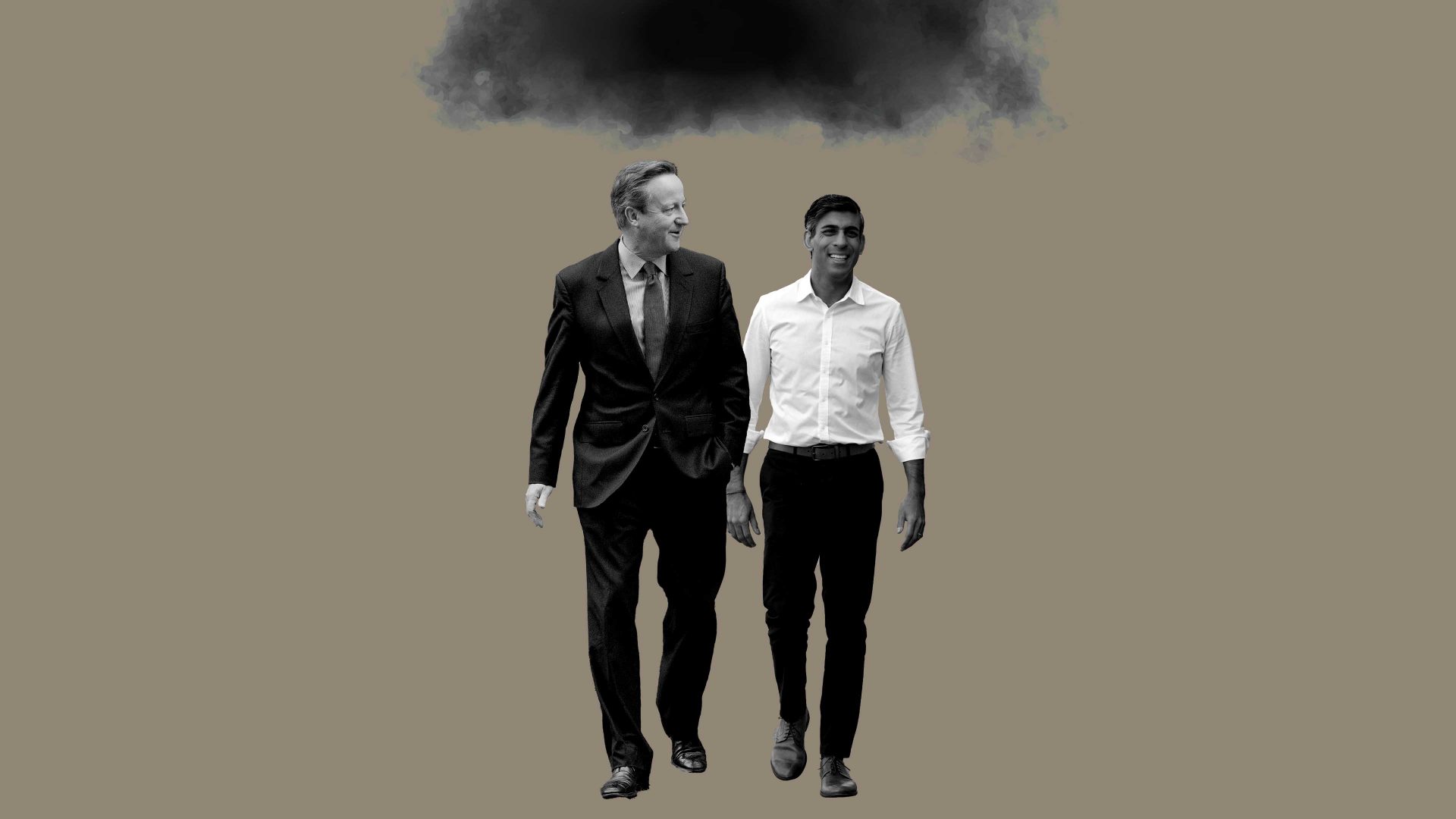Mandy Patinkin is appearing at a theatre a couple of streets from me. The big deal is that he is live on stage – just him and a pianist. You have to be a New Yorker or a former New Yorker or a stage person to understand that this is a monumental deal. Even more monumental is that he co-starred once in a movie with Barbra Streisand.
Let me stress again that this guy is one of the greatest singers and interpreters of song ever to grace the stage. Let me stress again that he also survived co-starring with Barbra Streisand: she also directed the movie, called Yentl in 1983.
Streisand, too old for the role (but so what?) portrays a girl who wants to go to school and become a rabbi. That was a no-no in orthodox Judaism back in the day, so maybe that’s why Streisand wanted to make it.
Streisand recounts in her monumental (in scope and in pages) memoir that in the course of this whole thing, she fired her agent, the mighty Sue Mengers.
The movie was always going to be what she wanted, what Streisand wanted, how she wanted it. That’s the way she has always been. She has always believed in herself. Not in a Madonna way, but in the sense that Streisand always knew that what and who she had to listen to: was herself.
No ghostwriter here, just her and her favourite snack, which is an old-school TV dinner of fried chicken and mashed potatoes made by the Swanson company, along with some Sara Lee chocolate cake. The “die and go to heaven” combo. So no wonder this book is good.
It is also 900 or so pages, not so much a door-stopper as a tank-stopper; but Barbra Streisand’s has been a life mostly of her own making with no apologies. Not too many. And with the rep, too, that goes along with being a woman who doesn’t apologise for being alive.
When I first heard her she sounded, to me, off-key. I was riding in a car in Chicago with some friends. My friends and I started laughing and making fun of her voice because it sounded strange. Of course, genius is always weird when first encountered. And Streisand is nothing short of genius.
I saw her memoir in a bookshop, and it stood out, placed on its own pedestal. I thought that was strange until I realised that the thing was almost 1,000 pages long. But she has a story that is 1,000 pages long. At least.
She performed in Central Park in 1967, when my generation was listening to Aretha Franklin, Janis Joplin and Tina Turner. Streisand was singing standards. Stuff from Broadway. The 1940s. But she was doing something quite extraordinary with it. She always did.
We were with her when she first sees Robert Redford in The Way We Were; practically melting to the floor in awe of his beauty. And the theme song, bigger than the movie – and the movie was BIG – was a remembrance of past love. Of a life not lived.
One of the funniest things I’ve ever read about Streisand was her account of her affair with Omar Sharif, her co-star in Funny Girl, and a heartthrob not only of world cinema, but particularly in the Middle East.
The movie came out while the Israeli-Arab world was at contretemps and, in Sharif’s native Egypt, they were not too pleased with him kissing her. It got a bit tense until Streisand was asked about the reaction to the kiss and quipped: “Egypt angry? You should hear what my aunt Sarah said!”
A star is someone who no one has preceded. A real star never actually existed before they come on the scene; are discovered and adored. And Streisand never existed before.
She rose to fame by belting out stuff from my mother’s day, giving them new life. Making us listen and care. Like Happy Days Are Here Again, FDR’s campaign song during the Depression. That upbeat rendition was the only one we had ever heard.
Streisand slows it down, makes it almost like a dirge, and ironic too. There were, after all, the Civil Rights struggles and the war in Vietnam. Happy Days indeed.
In short, she was giving standards a kind of new life. She was pouring her very self into them and that self was extremely complex.
Streisand has won every major award in US entertainment: including the extremely rare EGOT: the Emmy for TV, the Grammy for records; the Oscar for films; the Tony for theatre. She even managed to split a best actress Oscar with Katharine Hepburn, the woman who went on to win the most Oscars of anyone.
While if you look at The Lion in Winter and know that Hepburn starring is the better actor, that she ferociously eats that movie up every time she is on screen, Streisand IS Funny Girl, she is a mess; she is longing for transcendence and true love. She is the actress inside all of us.
And then: there was nothing conventionally beautiful about Barbra Streisand. There was the nose for example which, back in the day, she would have been told to “get fixed”. She didn’t.
So fashion editors made her nose into Cleopatra’s nose. Or what they thought Cleopatra’s nose was. She became the Egyptian Queen of everybody’s fantasies. It worked.
That scene in The Way We Were when she first lays eyes on Redford, and she kind of crumbles, works too, because that’s how we feel when we see him. That’s how we knew that she was telling the truth. She played Truth.
Yes: she always insisted on that and, most of the time, got her way because she always knew her way was the best in the circumstances. To me, this is the hallmark of a kind of courage, a defiance.
I wonder if Mandy Patinkin is going to talk about Yentl in his stage show. I wonder if he is going to bring up his experience with Streisand in that movie. I hope so.
Because she is a one-off. There was really no one before her like her. And her memoir sounds that way too.
While we think of a celebrity memoir now as them letting us into their lives, leading us into their travails, showing us – maybe – what makes them tick, in just reading one page of her opus, I can see that it reads like the life of an adult.
She remembers now out of pain so much, not out of confession so much: she remembers because she wants to be the one who does.




